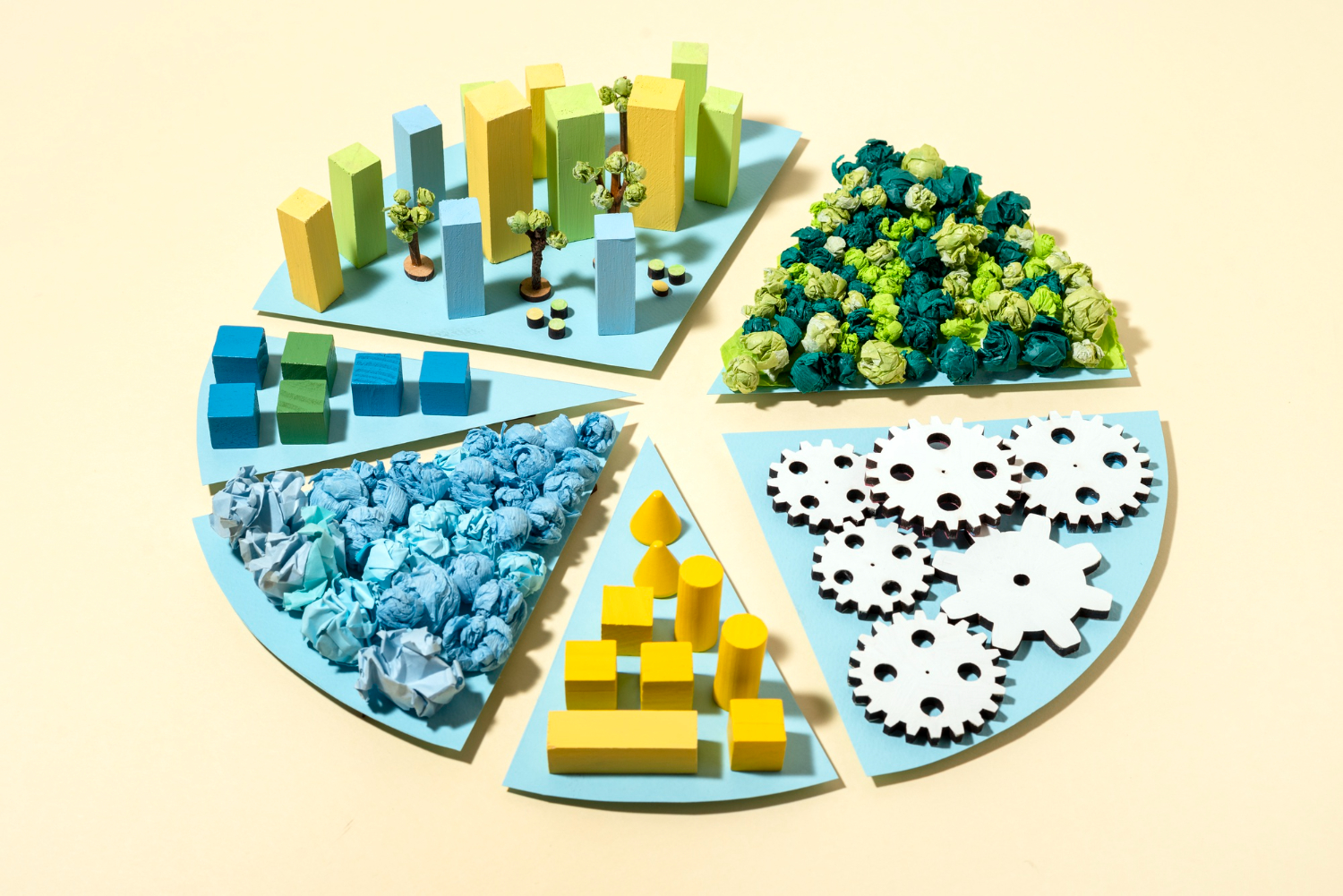In a world increasingly focused on sustainability, the way we consume products is undergoing a radical transformation. Traditional ownership models are giving way to service-based alternatives that prioritize access, experience, and longevity. At the heart of this shift are two powerful concepts: servitisation and Product-as-a-Service (PaaS). These models are not just business innovations—they’re key enablers of **circularity**, helping industries transition toward more sustainable, regenerative systems.
What Are Servitisation and Product-as-a-Service (PaaS)?
Servitisation is the process by which companies evolve from selling products to delivering integrated product-service solutions. Instead of a one-time transaction, businesses offer ongoing value through maintenance, upgrades, and customer support. This model deepens customer relationships, creates recurring revenue, and reduces waste by extending product lifecycles.
Product-as-a-Service (PaaS) is a specific form of servitisation where customers pay for the *use* of a product rather than owning it. Think of it as “usership” instead of ownership. Whether it’s a subscription to a high-end washing machine, access to industrial equipment, or a fleet of electric vehicles, PaaS shifts the focus from selling units to delivering outcomes.
This shift aligns perfectly with the principles of the circular economy. Because manufacturers retain ownership, they have a vested interest in designing durable, repairable products—leading to better Eco-design, more efficient closed-loop supply chains, and reduced environmental impact.
PaaS also enables:
– Lifecycle Assessment (LCA) to track environmental impact from cradle to grave
– Integration of Digital Product Passport (DPP) systems for transparency and traceability
– Implementation of Extended Producer Responsibility (EPR ensuring manufacturers manage end-of-life recovery)
In short, servitisation and PaaS are not just business strategies—they’re sustainability accelerators.
—
Common FAQs About Servitisation and Product-as-a-Service (PaaS)
What is servitisation?
Servitisation is a business model transformation where companies shift from selling products to offering integrated services. It enhances customer experience and supports circularity by extending product lifespans.
What is Product-as-a-Service (PaaS)?
PaaS is a model where customers pay for the functionality or outcome of a product rather than owning it. It’s ideal for promoting reuse, repair, and recycling—core principles of the circular economy.
How does PaaS support sustainability?
By retaining ownership, companies are incentivized to design products for longevity and reuse. This encourages **Eco-design**, reduces waste, and supports closed-loop supply chains.
Is PaaS the same as renting?
Not quite. While both involve access over ownership, PaaS includes added services like maintenance, upgrades, and performance monitoring—making it a more holistic solution.
What industries are adopting PaaS?
Industries like manufacturing, electronics, automotive, and consumer goods are leading the way. For example, Philips offers electric toothbrushes via monthly subscriptions, combining product access with service.
How does PaaS relate to Lifecycle Assessment (LCA)?
LCA helps companies measure the environmental impact of products throughout their lifecycle. In PaaS models, LCA data informs design, usage, and end-of-life strategies to minimize harm.
What role does Extended Producer Responsibility (EPR) play?
EPR policies require producers to manage the disposal and recycling of their products. PaaS naturally aligns with EPR, as manufacturers retain control and responsibility for product recovery.
What is a Digital Product Passport (DPP)?
A Digital Product Passport (DPP) is a digital record containing data about a product’s materials, origin, and environmental footprint. It supports transparency and enables circular practices like reuse and recycling.
What are the benefits of servitisation for businesses?
Servitisation creates recurring revenue, strengthens customer loyalty, and differentiates brands. It also reduces resource consumption and supports circularity goals.
How does PaaS impact consumers?
Consumers benefit from flexibility, lower upfront costs, and better service. They also contribute to sustainability by participating in models that reduce waste and promote reuse.
Final Thoughts
Servitisation and Product-as-a-Service (PaaS) are reshaping the future of consumption. By shifting from ownership to access, these models unlock new value for businesses and consumers alike—while driving progress toward a more sustainable, circular economy.
With tools like Lifecycle Assessment (LCA), Digital Product Passport (DPP), and Extended Producer Responsibility (EPR), companies can build smarter, more responsible systems. And by embracing Eco-design and closed-loop supply chains, they can ensure that products don’t just serve a purpose—they serve the planet.



